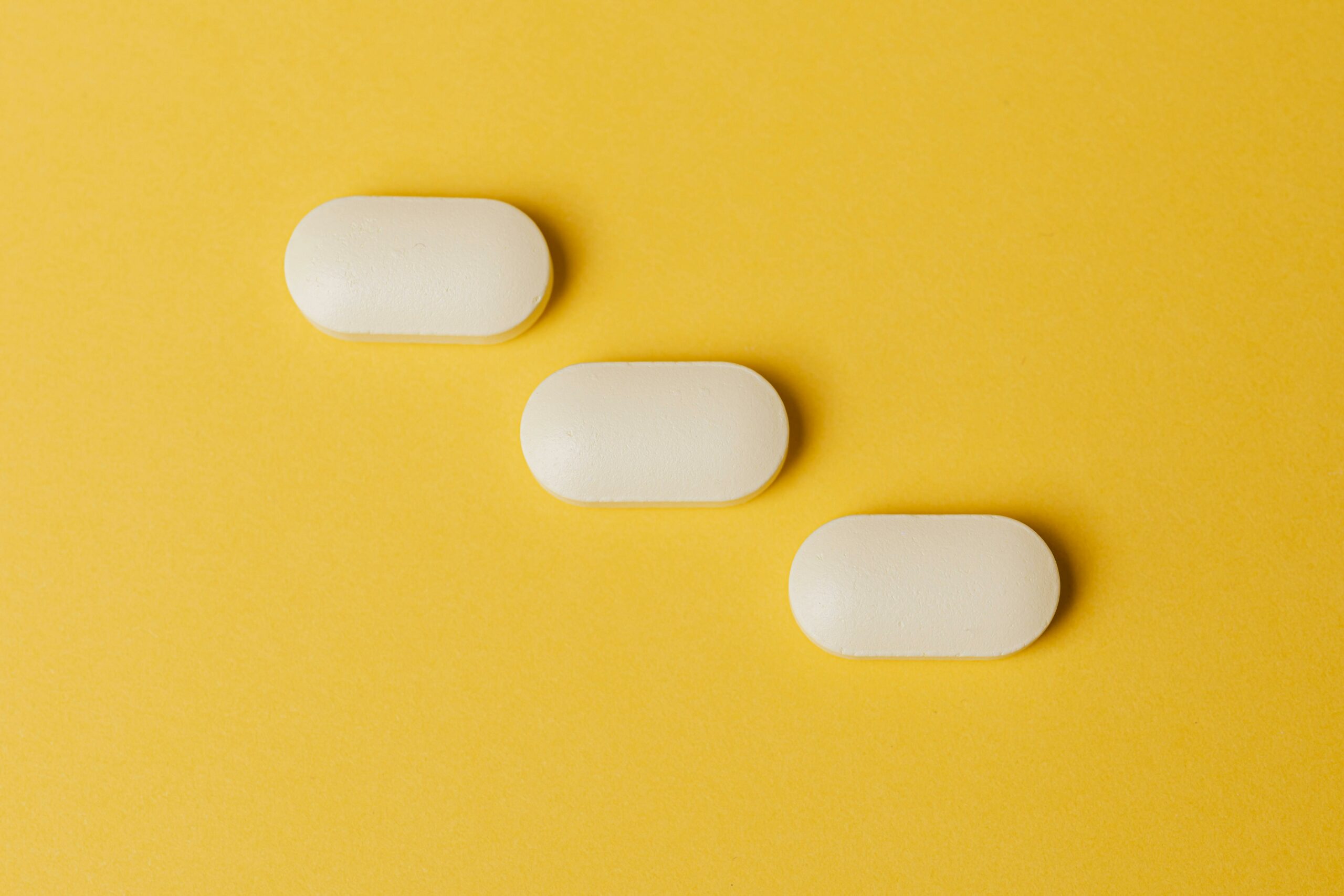As we age, maintaining muscle mass, strength, and overall physical performance becomes more challenging. Many people believe that supplements are only for young athletes and bodybuilders, but research shows that certain supplements—like creatine—can be highly beneficial for older adults.
Creatine is one of the most well-researched and widely used supplements for improving strength, energy levels, and even cognitive function. If you’re in your 50s, 60s, or beyond and looking for ways to stay active and strong, supplementing with creatine may be worth considering.
What is Creatine?
Creatine is a naturally occurring compound found in muscle cells. It helps produce ATP (adenosine triphosphate), which is the primary energy source for muscle contractions. While our bodies can produce creatine from amino acids, we also get small amounts from foods like red meat and fish. However, as we age, our natural creatine stores decline, making supplementation beneficial.
Benefits of Creatine Supplementation for Older Adults
1. Preserves Muscle Mass and Strength
One of the biggest concerns with aging is sarcopenia, the gradual loss of muscle mass and strength. Studies have shown that supplementing with creatine, especially when combined with resistance training, helps preserve muscle tissue and even promotes muscle growth in older adults.
2. Enhances Physical Performance and Energy
Many older adults experience fatigue and reduced energy levels. Creatine helps regenerate ATP, leading to improved stamina, better endurance, and reduced muscle fatigue. Whether it’s climbing stairs, going for a walk, or lifting weights, creatine can help you move with more power and ease.
3. Supports Brain Health and Cognitive Function
Emerging research suggests that creatine isn’t just for muscles—it also benefits the brain. Some studies indicate that creatine supplementation may improve memory, cognitive processing, and even reduce the risk of neurodegenerative diseases like Alzheimer’s and Parkinson’s. Since the brain also relies on ATP for energy, creatine may help support mental clarity and cognitive function in older age.
4. Aids in Bone Health
Maintaining bone density is crucial for preventing osteoporosis and fractures. Some research suggests that creatine, especially when combined with resistance training, may support bone health by improving the structure and strength of bones.
5. Helps with Recovery and Reduces Inflammation
As we age, our ability to recover from exercise slows down. Creatine has anti-inflammatory properties that may help reduce muscle soreness and promote faster recovery after physical activity. This makes it easier to stay consistent with exercise and maintain an active lifestyle.
How to Use Creatine as an Older Adult
1. Choosing the Right Type
The best form of creatine is creatine monohydrate—it’s safe, well-researched, and cost-effective. Avoid fancy or overpriced versions, as they don’t provide additional benefits.
2. Recommended Dosage
- A standard dose of 3-5 grams per day is enough for most older adults.
- There’s no need for a “loading phase” (taking high doses for a few days). A consistent daily dose works just fine.
- It can be taken at any time of day, though some people prefer to take it before or after exercise.
3. Mixing and Absorption
Creatine dissolves well in water, juice, or even coffee. It’s best absorbed when taken with a meal that includes carbohydrates and protein, as this helps transport it into the muscles.
Common Myths and Concerns About Creatine
❌ “Creatine is only for bodybuilders.”
✅ Not true! Research shows it benefits people of all ages, especially older adults looking to maintain strength and mobility.
❌ “Creatine is bad for the kidneys.”
✅ If you have healthy kidney function, creatine is completely safe. Studies show that long-term use does not harm the kidneys in healthy individuals. However, if you have pre-existing kidney disease, consult your doctor before supplementing.
❌ “Creatine causes bloating and dehydration.”
✅ Some people experience slight water retention initially, but this is temporary and mostly occurs with high-dose loading phases. Drinking plenty of water minimizes this effect.
Final Thoughts: Should Older Adults Take Creatine?
Absolutely! If you want to maintain muscle strength, energy levels, cognitive function, and overall vitality, creatine is a simple, affordable, and effective supplement. When combined with regular exercise, proper nutrition, and hydration, it can be a powerful tool for aging gracefully and staying active for years to come.
Before starting any new supplement, it’s always best to consult with your doctor—especially if you have underlying health conditions. But for most older adults, creatine is a safe and well-supported way to stay strong, energized, and mentally sharp well into later life.
Are you ready to give it a try? Lace up your sneakers, start moving, and fuel your body with the support it needs!
Disclaimer: Always consult with your doctor or a qualified healthcare professional before starting any new supplement. Individual responses to supplements may vary, and a healthcare provider can help determine what’s best for you.
Photo By: Kaboompics.com: https://www.pexels.com/photo/set-of-pills-on-yellow-surface-4210653/


